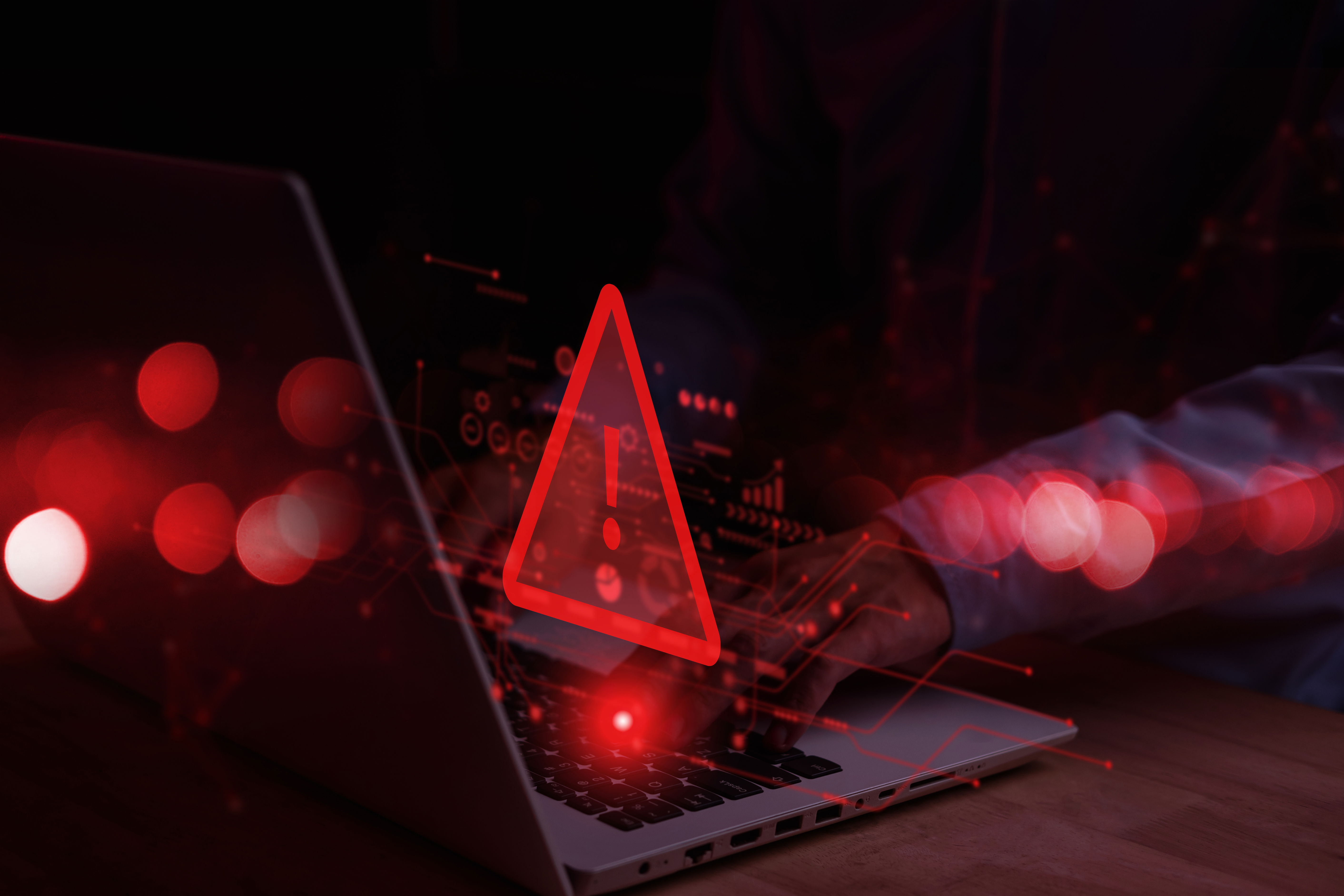Sometimes family can't legally assist without an LPA
To play the video below, click on the green button in the middle of the screen, just above the cyclist's head. 
Once playing, you can pause, play or skip forward or backwards using the icons.
You can play at full or half screen using.
A Lasting Power of Attorney (LPA) is a critical legal document in the United Kingdom. It ensures that someone you trust is authorised to act on your behalf concerning your finances, health, and welfare should you become unable to make decisions for yourself. Without this legal authorisation, many actions that are essential for managing your affairs are restricted by law. It is a common misconception that being married to or a close family member of the donor automatically grants access to their finances or other resources. However, this is not the case; the law requires explicit legal documentation to authorise such actions.
Many people incorrectly assume that relationships like marriage, family ties, or even verbal permission from the donor are sufficient for gaining access to finances or making decisions about their property and care. UK law does not confer such rights based solely on personal relationships. For instance, without an LPA, even a spouse cannot legally withdraw funds from the donor’s bank account or manage their investments. Regardless of their closeness, family members face similar barriers when attempting to handle the donor’s assets or make decisions about their property.
Verbal permission or informal agreements hold no legal weight in these matters; a properly executed LPA is the only way to ensure lawful access and decision-making authority.
The consequences of not having an LPA can be significant. Without one, decisions about finances, property, or health may require intervention by the Court of Protection, a lengthy and often costly process that can add stress during already challenging times. The court may appoint a deputy to handle these responsibilities, but this is a far more complex and less convenient solution than having an LPA.
Under the Computer Misuse Act 1990, accessing computer material without authorisation is a criminal offence.

Specifically, Section 1 of the Act states that unauthorised access to computer material is illegal, even if the individual has permission from the owner to use their device or account for other purposes. This means that using someone else's bank card, even with their verbal permission, could still be considered unauthorised if it involves accessing computer systems (e.g., online banking) without explicit legal authority. The Act emphasises that such actions must be intentional and unauthorised, and it applies regardless of whether harm was caused. This provision is designed to protect individuals and organisations from unauthorised access and misuse of computer systems.

Creating an LPA is not merely a matter of convenience but a safeguard for the donor and their appointed attorneys. It provides a clear, legally binding framework for handling important issues, ensuring that the donor’s wishes are respected and their best interests are protected. The absence of such a document can lead to confusion, disputes, and unnecessary legal hurdles, making it imperative to establish an LPA well before needing it.

In summary, relying on personal relationships or informal agreements without proper legal documentation, like an LPA, can lead to significant legal and practical challenges. Ensuring the appropriate legal protections are in place is prudent and essential for navigating these situations effectively. It underscores the importance of understanding the limitations imposed by the law and taking proactive steps to secure your future.



